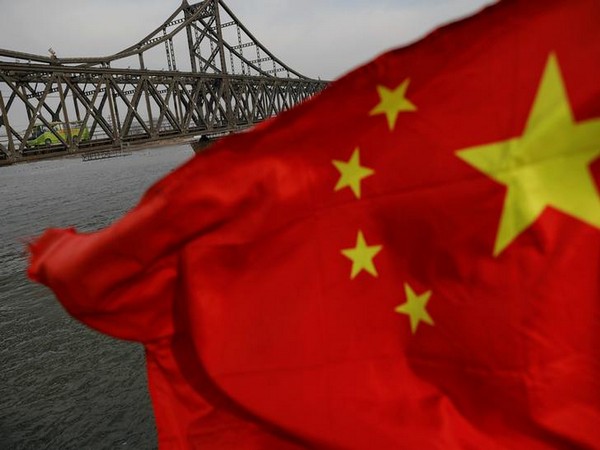China continues to ignore the July 12, 2016 ruling of The Hague-based Permanent Court of Arbitration, which affirmed the Philippines’ exclusive economic zone in the West Philippine Sea (WPS) and nullified Beijing’s claims over almost the entire South China Sea (SCS).
During the Philippines President Ferdinand Marcos Jr.’s State visit to China from January 3 to 5, 2023, Marcos and Chinese President Xi Jinping agreed to resume talks on joint oil and gas exploration in the non-disputed areas in the resource-rich SCS. The Philippines and China also agreed on an arrangement for establishment of a communication mechanism on maritime issues between the Department of Foreign Affairs of the Philippines and the Ministry of Foreign Affairs of China. As a result of the bilateral meeting, Philippines has received a proposal from the Chinese government to have a fishery cooperation agreement in the disputed SCS. According to former National Security Adviser Clarita Carlos, there are many more levels of cooperation that are not known to the public that are happening, viz. between the Philippine Coast Guard and the Chinese Coast Guard adding that the two countries are trying to reach a Modus Vivendi to avoid conflict in the contested SCS.
Sensing a threat to their livelihoods in the wake of Chinese entry into the WPS, fisher folk group Pambansang Lakasng Kilusang Mamamalakayang Pilipinas (Pamalakaya) has appealed to the newly appointed National Security Adviser (NSA) Eduardo Año to lay out security plans to protect the WPS. WPS is believed to hold large reserves of oil and natural gas. Pamalakaya reminded Año that among the mandates of the NSA is to ensure that the national interests, well-being of the people and institutions, and its sovereignty and territorial integrity are protected and enhanced. Pamalakaya national spokesman Ronnel Arambulo underlined that presence of Chinese Maritime Militia (in the WPS) is the current biggest threat to national security and the newly appointed NSA should prioritize this issue.
Meanwhile, on January 10, the Supreme Court of Philippines declared the Tripartite Agreement for Joint Marine Seismic Undertaking among companies from
China, Vietnam and Philippines, signed during the administration of former president Gloria Macapagal Arroyo, as unconstitutional and void.
Further, following an easing of regulations in November 2022 by the Philippines government to allow 100% foreign ownership in solar and wind projects, nine Chinese energy companies are set to move into the Philippines with a total investment pledge of USD 13.7 Billion. Historically, foreign ownership was capped at 40% in key sectors, including energy telecommunications, airlines and shipping. The Chinese energy companies include State-owned China Energy Group and wind turbine manufacturer Mingyang Wind Power. These nine companies will focus on renewable development, energy storage systems and off-grid power systems. Besides the USD 13.7 billion investment in energy, Chinese investors have also pledged USD 1.7 billion in agribusiness and USD 7.3 billion in strategic monitoring for electric vehicles and mineral processing, according to a government announcement on January 5.
Philippines must keep in mind that Chinese investments are known to be predatory and opaque in nature, with terms that are heavily skewed against the recipient country. These investments, though advertised as catalysts for development cooperation, are actually laced with strategic objectives for China. The strict confidentiality clauses that bar the recipient country from even acknowledging the existence of investments create a problem of “hidden debt” for the recipient country.
thehongkongpost.com

